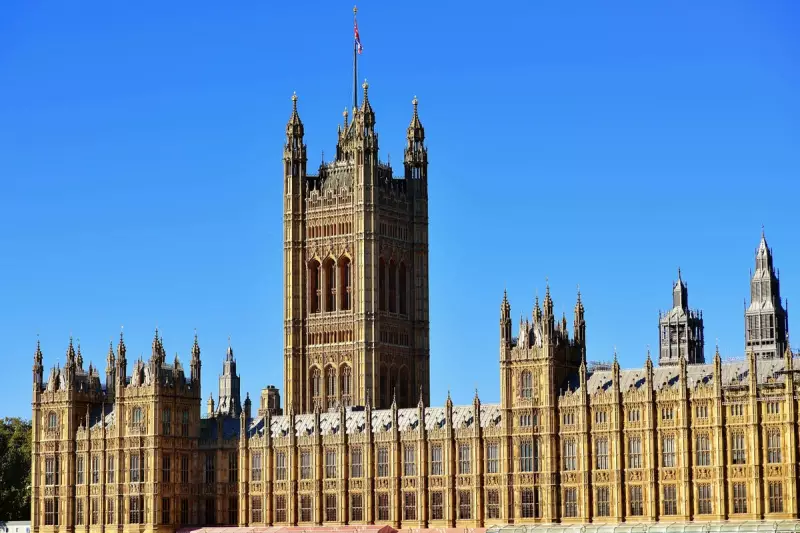
In a dramatic move that has ignited a fresh constitutional clash, the House of Lords has defiantly voted down a government bill aimed at abolishing the centuries-old system of Hereditary Peers. The move is a direct challenge to the elected House of Commons and Rishi Sunak's Conservative government.
The proposed legislation, spearheaded by Labour MP Dan Jarvis but backed by the government, sought to end the longstanding tradition of seats in the upper chamber being inherited. It had successfully passed through the Commons, only to be met with staunch opposition from peers who voted 171 to 148 to block its progress.
A Chamber Protecting Its Own?
Critics have slammed the Lords' decision as an undemocratic act of self-preservation. The vote means that when a hereditary peer dies or retires, their replacement will continue to be chosen through by-elections involving a tiny electorate of fellow hereditary peers—a system widely criticised as an absurd anachronism.
Supporters of the bill argue that it is a crucial first step towards broader, much-needed reform of the second chamber, making it more representative and democratic for the 21st century.
The Road to a Constitutional Standoff
This rejection sets the stage for a potential parliamentary showdown. Under the rarely used Salisbury Convention, the Lords traditionally does not block government manifesto commitments. However, this bill's origins from a backbench MP give the Lords greater leverage to defy the will of the Commons.
The government now faces a critical choice: to accept the Lords' decision or to potentially invoke the Parliament Acts—a powerful mechanism that allows the Commons to overrule the Lords after a certain period. This would force the bill through without the upper chamber's consent, a move not taken for decades and one that would signal a severe breakdown in relations between the two houses.
This political stalemate places the future of the UK's ancient parliamentary structures firmly in the spotlight, ensuring that the debate over Lords reform is far from over.





